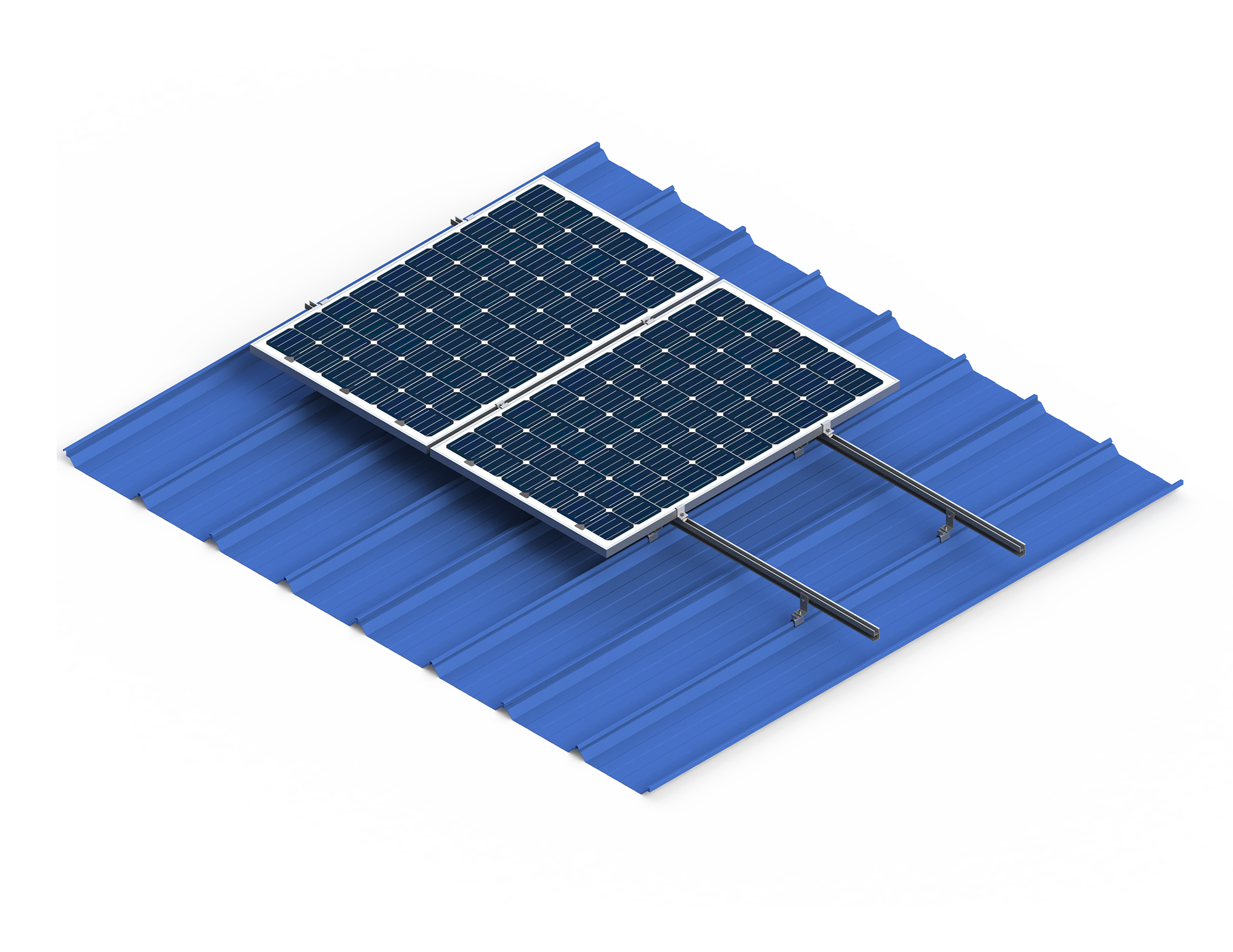Maximizing Efficiency: The Comprehensive Benefits of Solar Panel Power Generation
Release time:
May 23,2025
Maximizing Efficiency: The Comprehensive Benefits of Solar Panel Power Generation
Table of Contents
- 1. Introduction to Solar Panel Power Generation
- 2. Understanding Solar Energy and Its Mechanism
- 3. The Multifaceted Benefits of Solar Panels
- 3.1 Environmental Benefits
- 3.2 Economic Advantages
- 3.3 Energy Independence and Security
- 3.4 Low Maintenance Costs
- 4. The Solar Panel Installation Process
- 4.1 Site Evaluation and Preparation
- 4.2 Choosing the Right Solar Panels
- 4.3 System Design and Configuration
- 5. Maximizing Solar Power Efficiency
- 6. Real-world Case Studies
- 7. Frequently Asked Questions
- 8. Conclusion
1. Introduction to Solar Panel Power Generation
As the push for renewable energy sources intensifies globally, solar panel power generation has emerged as a leading alternative to fossil fuels. **Solar energy is not just eco-friendly; it is economically viable and technologically advanced**, positioning itself as a cornerstone of sustainable energy strategies. This article delves into the myriad benefits of solar panel power generation, offering insights into its mechanics, installation processes, and how to maximize efficiency.
2. Understanding Solar Energy and Its Mechanism
Solar energy harnesses sunlight and converts it into electricity through photovoltaic (PV) cells. These cells, made of semiconductor materials, generate an electric current when exposed to sunlight. The more sunlight the panels receive, the more electricity they can produce. Understanding this process is crucial for appreciating solar energy's potential benefits.
3. The Multifaceted Benefits of Solar Panels
Solar panels offer various advantages that cater to both individual and collective needs. Below, we break down these benefits:
3.1 Environmental Benefits
Solar power generation significantly reduces greenhouse gas emissions. By opting for solar energy, we contribute to a cleaner environment and combat climate change. Moreover, solar panels have a minimal ecological footprint during their lifecycle, making them sustainable.
3.2 Economic Advantages
Investing in solar panels can yield substantial savings on electricity bills. While the initial investment may seem daunting, the long-term reduction in energy costs often offsets initial expenditures. **Government incentives and tax credits** further enhance the economic viability of solar energy solutions.
3.3 Energy Independence and Security
Utilizing solar energy diminishes reliance on imported fossil fuels, enhancing national energy security. By harnessing local sunlight, countries can bolster their energy independence, leading to more stable energy prices and reduced vulnerability to foreign market fluctuations.
3.4 Low Maintenance Costs
Solar panels are designed for durability and require minimal maintenance. Regular cleaning and occasional inspections suffice to keep the system operating efficiently. This low-maintenance aspect makes solar panels appealing for both residential and commercial installations.
4. The Solar Panel Installation Process
Understanding the installation process is essential for ensuring optimal performance and efficiency of solar panels.
4.1 Site Evaluation and Preparation
Before installation, a thorough site evaluation is conducted to assess the suitability of the location for solar panel installation. Factors include roof orientation, shading from trees or buildings, and local climate conditions.
4.2 Choosing the Right Solar Panels
Selecting the appropriate solar panels is critical for maximizing energy production. Factors to consider consist of efficiency ratings, durability, and warranty periods. **High-efficiency panels may cost more upfront but can yield greater electricity generation over time.**
4.3 System Design and Configuration
Once the site is evaluated and panels are chosen, the system design process begins. This includes determining the number of panels required, their layout, and integrating inverters and battery storage as needed. A well-designed solar system optimizes energy production and efficiency.
5. Maximizing Solar Power Efficiency
Maximizing the efficiency of solar power generation is essential for maximizing the return on investment.
5.1 Technology Advancements in Solar Energy
The solar industry is continuously evolving, with advancements in technology leading to improved efficiency and lower costs. **Innovative materials and designs** are enhancing the performance of solar panels, making them more accessible for consumers.
5.2 Best Practices for Solar Power Utilization
To ensure the most effective use of solar energy, it's essential to follow best practices such as:
- Regular maintenance checks
- Optimal panel orientation
- Utilizing battery storage solutions to maximize energy usage during non-sunny hours
6. Real-world Case Studies
Examining successful solar energy projects can provide insights into the benefits and implementation strategies of solar panel systems. For instance, numerous residential areas have reported a significant decrease in energy costs after installing solar panels combined with battery storage systems. Commercial enterprises have also found success, often using solar energy to power operations and reduce overhead costs.
7. Frequently Asked Questions
What are the main benefits of solar energy?
Solar energy offers significant environmental benefits, economic savings, energy independence, and low maintenance requirements.
How do solar panels work?
Solar panels convert sunlight into electricity through photovoltaic cells, which generate an electric current when sunlight strikes them.
What are the costs associated with solar panel installation?
Initial costs can vary depending on the size and type of solar system. However, long-term savings on energy bills often make solar power a cost-effective investment.
Do solar panels require a lot of maintenance?
No, solar panels require minimal maintenance, usually involving occasional cleaning and inspections to ensure optimal performance.
How can I maximize the efficiency of my solar panels?
To enhance efficiency, choose high-quality panels, ensure proper installation, maintain regular checks, and optimize system design.
8. Conclusion
In conclusion, **maximizing efficiency in solar panel power generation** is not just a technical challenge but also a significant opportunity for both individuals and businesses. The benefits of transitioning to solar energy are multifaceted, encompassing environmental, economic, and social aspects. As technology advances and costs continue to decrease, adopting solar energy solutions will prove crucial in creating a sustainable future. Embracing solar energy is not just about energy savings; it is about investing in a cleaner, more resilient planet for generations to come.
Related News







